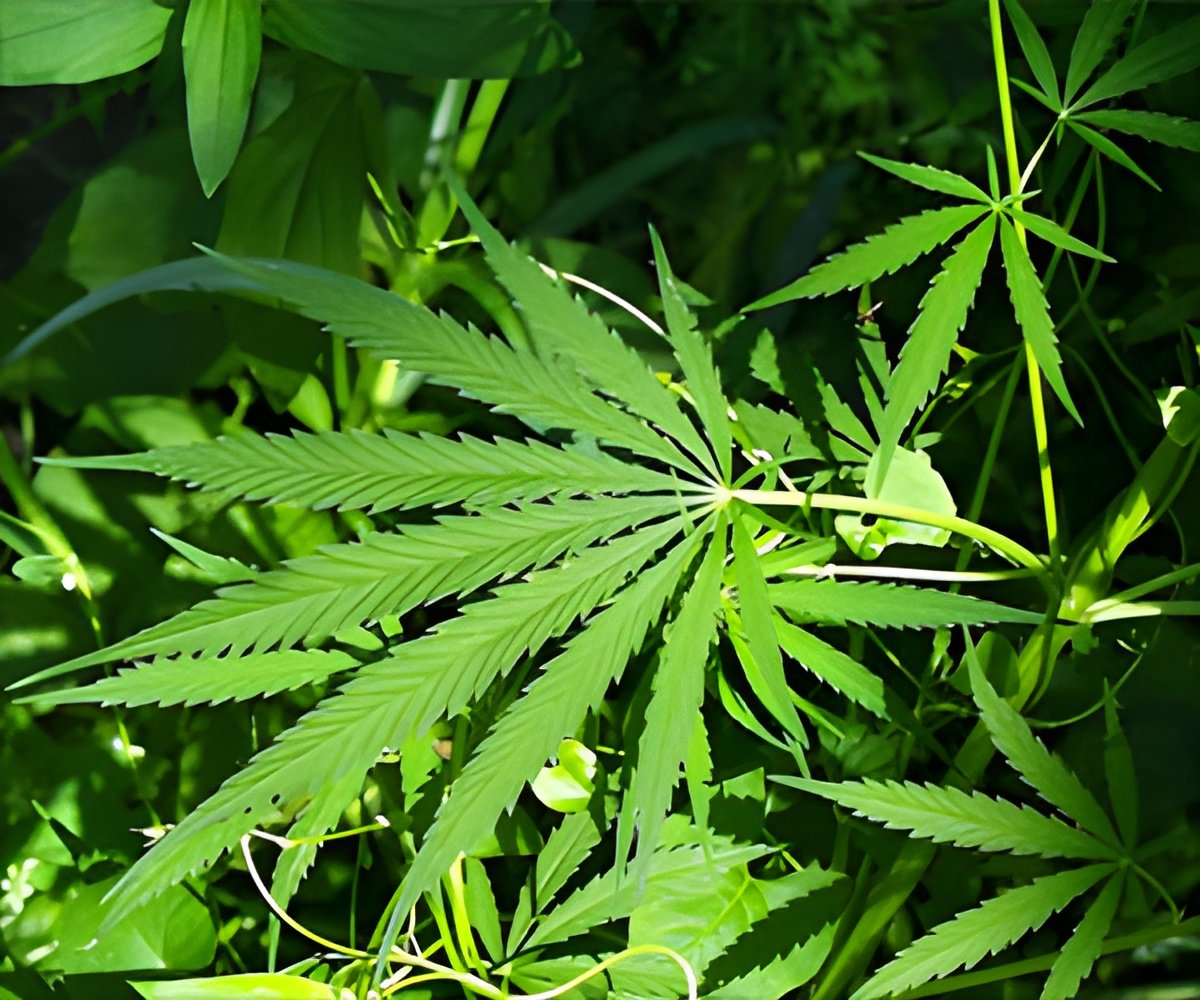In the context of legalization, many marijuana users will try new marijuana products and use edibles.

TOP INSIGHT
States that have legalized marijuana for recreational use are thinking about how they can prevent negative public health outcomes.
The study, published in Drug and Alcohol Dependence, found that in the context of legalization, many marijuana users will try new marijuana products and use edibles, and that doing so markedly increases the odds of experiencing an unexpected high.
The research shows that most people who experienced an unexpected high slept it off, and others engaged in protective behaviors such as deciding not to drive or changing or cancelling plans. However, respondents also reported having unintended sex as a result of the unexpected high, and some ended up in the hospital, clinic or emergency room.
"Marijuana users who reported using new marijuana products or edibles were at greater risk of experiencing an unexpected high, regardless of their age, gender, education, mental health status, or amount of marijuana consumed in the past month," said Jane Allen, study author and research public health analyst at RTI.
Researchers surveyed 634 adults in Colorado in the first year that marijuana was legal for adult recreational use. More than 70 percent of respondents reported having tried a new marijuana product, and about half reported using edibles.
Source-Eurekalert
 MEDINDIA
MEDINDIA



 Email
Email








